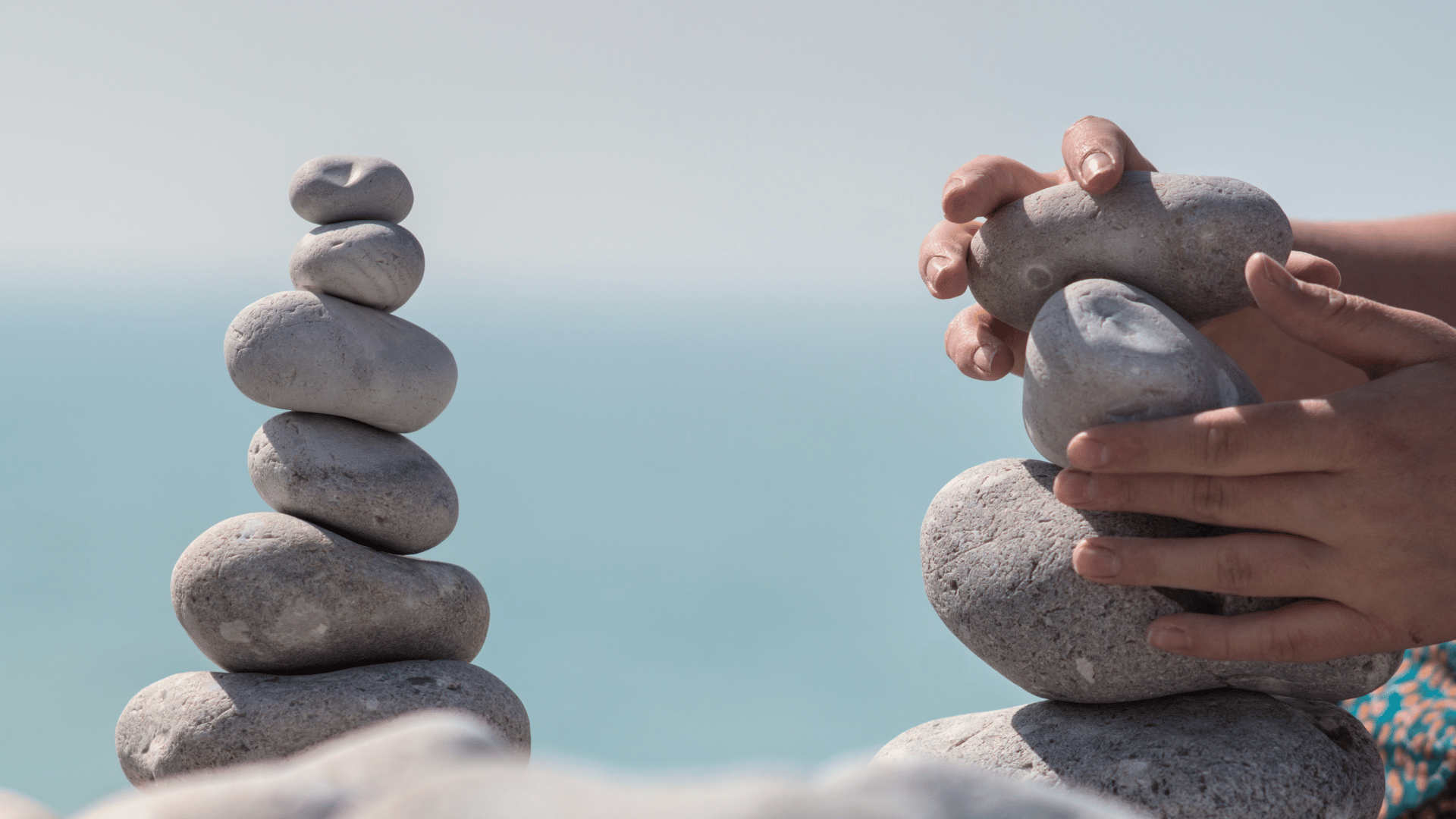I recently wrote a piece on empathy and empathy fatigue. The piece was inspired by my own experience as a highly empathetic person whose extreme emotions for others often leads to feelings of guilt at the thought of establishing boundaries.
Empathy and boundaries dance together. We can alleviate some of the distress of empathizing by asking ourselves “is this mine to carry?” and establishing emotional boundaries. We can move from empathy to practicing embodied compassion by identifying and upholding the boundaries of another.
Boundaries are important because they establish the limits involved in our interactions, allowing us to protect ourselves while bonding with others. This is what forms the basis of emotional intimacy and connection. When we prioritize both ours and our friend’s boundaries, we communicate that each other’s feeling of well-being is our number one concern.
It is important to take a few things into consideration when setting up respectful boundaries. Let’s say that your friend is constantly calling you upset about something in their life. You may feel guilty if you don’t offer a listening ear, but also worried that this relationship is taking a toll on your own mental health. Setting up boundaries in this situation wouldn’t mean cutting off your friend completely, it would mean having an honest conversation about how you can move forward in a mutually beneficial way.
This may mean pointing your friend towards therapy or a Vent Over Tea session or encouraging them to engage with others and move forward with their lives. Setting boundaries doesn’t mean avoiding your friends when they need you most, it means being there for them in a healthy capacity.
How to set up boundaries in a healthy way
Earlier this year, my energy expenditure was focused almost exclusively on others. My first thought whenever I had free time was “who can I see?” and I would reply to phone calls and text messages almost immediately, at any time.
Even though it may be simpler to walk away from friendships that are emotionally draining, mindful boundaries can often be a better solution.
I often found myself in the role of friend-therapist because of my willingness to make myself both emotionally and physically available. I eventually incurred a huge emotional cost from this. I felt like I had lost myself completely because my feelings were so caught up with others. I felt that I needed to distance myself emotionally from a few of my friends.
Instead of cutting them off, I decided to focus on doing things that I enjoyed. I devised a motto for the month: “I’m doing yoga and pottery, and if you want me, you can text me”. This positive focus on things that inspire me ultimately helped my relationships with others. It’s almost as if my worthwhile relationships that had become emotionally straining recalibrated, and my relationships that weren’t healthy came to a natural end. When I re-engaged with my connections, they were more respectful of my space and time.
When setting up boundaries with people you care about, it can be helpful to keep a few things in mind. Being direct and honest can be uncomfortable, but it is also empowering. Simply opening up and respectfully talking about your limits can be enough to create a healthy boundary. Another tip to keep in mind is that you can build up to boundaries, they don’t have to be all or nothing. Gradually adjusting your relationships can be far more effective in the long term than imposing abrupt extreme changes. Boundaries can take time to build respecfully, be patient.
The benefits of re-evaluating your connections
Prioritizing things that interested me left me feeling energized, peaceful, and emotionally in tune with myself. Purposefully taking time to do the things I love made me remember how much I enjoy spending quality time with myself. It also made me feel like a better friend. I felt like I had more energy and time for the friendships that mattered, and I was presenting these friendships with my best self. These effects were visible to my friends, and they often remarked that I seemed a lot happier.
I began noticing when my invisible boundaries were naturally respected. These boundaries made my friendships feel more intimate, even with the limitations. Others are often more willing to uphold our boundaries than we give them credit for.
Respecting each other’s space
My experiences have taught me that boundaries are a lot more about ourselves than the other person. We need the other person to respect our boundaries for us to feel safe, but it’s up to us to put them into place. If we do not explicitly ask for what we need, or at least internally identify where our boundaries lie, we risk losing our embodied sense of safety.
Without boundaries, we may allow behaviour that makes us feel insecure or disrespected, and this can mislead others about what is and isn’t okay for us. Having our heart’s best interest in mind, including its boundary lines, is the key to true intimacy and connection because it reveals our vulnerability in a way that complacency does not. There is nothing beautiful about being a doormat. The beauty of relationships is in the space between the boundaries of each other.
Need to talk?
Book a free vent session today.
-

Zoë is an aspiring writer and passionate about philosophy, wellness, and culture.
View all posts



